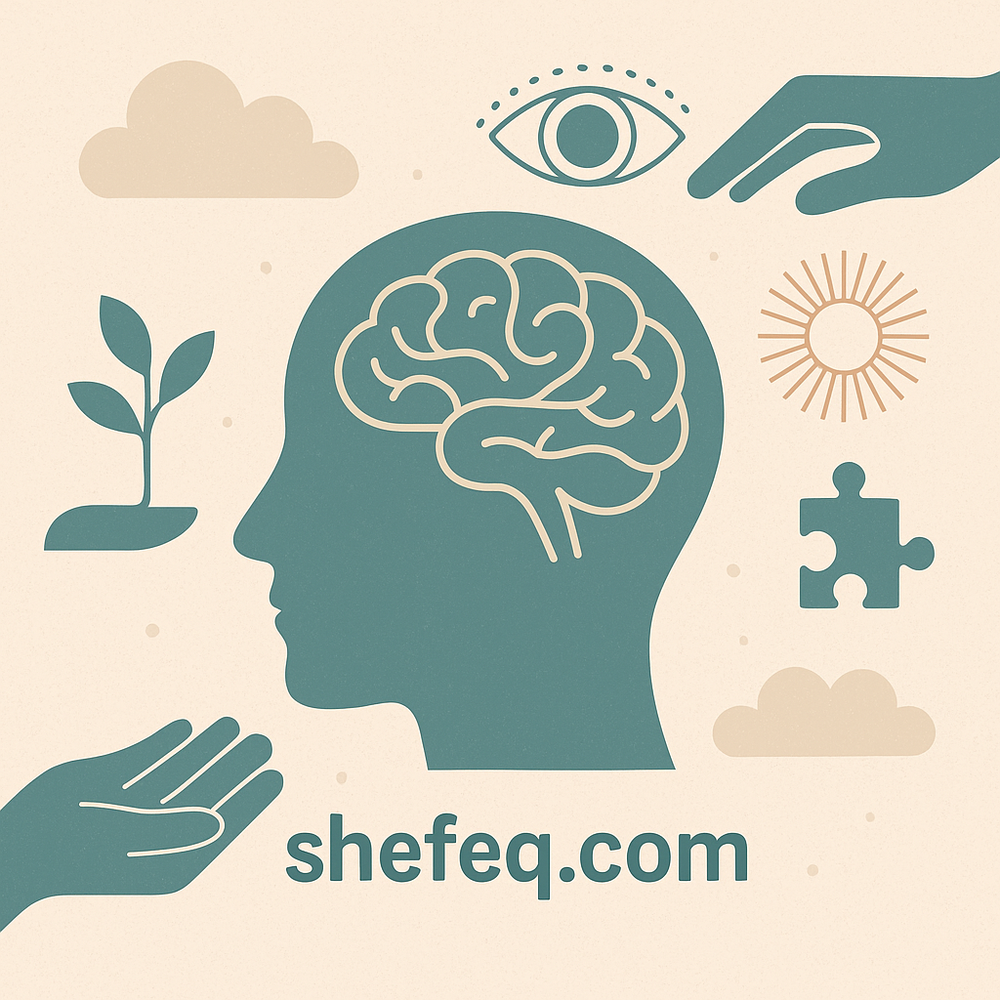I. Introduction: If not science, then what is it?
At first glance, the term “psychology” may evoke cold laboratories, statistical tests, and behavioral analyses, but its true essence lies in understanding the human being and delving into their depths. This field is sometimes scientific, sometimes philosophical, and sometimes resembles art. Because psychology can be seen in a painter’s canvas, a writer’s story, or the trembling felt on a mother’s chest.
In modern society, psychology is not merely clinical diagnostics. It is the key code to human behavior, emotions and feelings, social connections, and worldview. Therefore, psychology should be valued not only as a field of science but also as an art of understanding people. In this article, we will explore how psychology transforms from a science into an art of human understanding by examining its social, academic, public, and research dimensions.
II. Social Aspect: The science of empathy
Psychology is not merely a list of symptoms; it is a way of building connections between people. For instance, when a friend is silent, and instead of asking “what’s wrong?” you simply sit beside them—that is a form of applied social psychology.
In social environments, empathy plays a crucial role in preventing conflicts, building deeper relationships, and helping people feel their own worth. Psychology does not teach empathy—it seeks to evoke it. Sometimes it is the silent plea in the eyes of an old woman, sometimes the hidden fear behind a child’s words.
Social psychology asks a fundamental question: Do we really understand each other, or do we simply react? The art of understanding others begins right here.
III. Academic Aspect: Creating models from experience
Academic psychology is built on patience tests, group behavior analysis, and brainwave studies. But the goal remains the same: to understand the human being. Free from personal bias and ideology, this field seeks objective conclusions. Research serves as a key to decoding human behavior.
Psychological tests, interview protocols, and experimental designs are academic tools for measurement. But even without these, recognizing trauma in a single moment of silence is the pinnacle of this art.
IV. Institutional Aspect: The role of psychology in society
Psychology exists in public spaces: in schools, families, workplaces, and in relationships between teachers and students, managers and employees, parents and children. The way a leader approaches a team or how a parent speaks with a child is a representation of social psychology.
Society is full of trauma. From violence, accidents, loss, depression, and anger to discrimination and mobbing—these leave lasting marks. Psychology helps identify where the mirror cracked and how to restore it.
V. Research Aspect: The courage to ask questions
The most vital component in psychological research is the ability to ask questions. Why do people respond differently to the same event? How does childhood trauma distort adult perception? Is depression merely a serotonin deficit, or is it the boundary of a silent trauma?
These questions lead not to direct answers but to meaningful reflection. That is when psychology ceases to be science alone and becomes an aesthetic—an art of sensing and feeling.
VI. Listening not as a psychologist, but as a human
The most appreciated quality in a psychologist is not empathy but acceptance. Therapy isn’t always about fixing the person—it can be as simple as sitting in silence with them. A psychologist becomes not only a diagnostician but a soul companion, a silent witness.
Each person longs to be heard, understood, and seen. And sometimes the one who meets this need is not a trained professional, but a quiet, present human being. That is living psychology.
VII. Conclusion: Psychology as a mirror
Scientific models, theories, and tests are essential in psychology. But without the ability to feel deeply and connect to the soul, science becomes sterile. Science without art is dry. Art without science is incomplete. Together, they form the perfect tool for understanding the human being.
Final question: Do you think people genuinely try to understand one another, or do they simply judge? Or have labels become the standard way of relating?
shefeq.com

